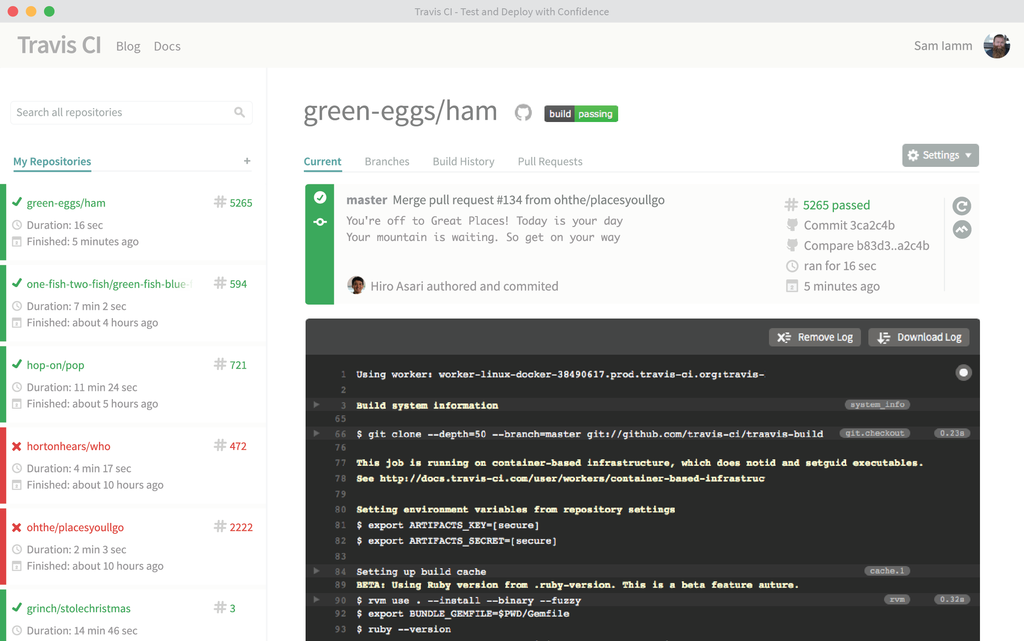
There’s a piece of conventional wisdom in business: People aren’t raw materials. You can’t manage people like they’re widgets on a conveyor belt. People are fluid, emotional, volatile, unpredictable beings that need to be treated as such. You can’t manage people like an assembly line, right?
Maybe not.
The problem with that type of thinking isn’t that people actually are static and predictable. The problem is thinking that a manufacturing process is static and predictable. On a production line, unexpected problems and changes happen all the time. Raw materials arrive flawed, blizzards slow down deliveries, equipment breaks down, orders slow down and inventory piles up, some obscure agricultural disease in another continent wipes out a crop used in a chemical essential to the production process.
Unpredictable, fluid, ever-changing. Kind of like humans, right?
Great managers of people realize this. Great managers of people, in fact, embrace this and approach their job seeking the same consistency and measurable results as a production line operator. They know that their job is measured in the output of the people and departments they’re managing.
It’s the kind of thinking that helped propel Intel into the company it is today, with more than $55 billion in annual sales. It’s a central theme to Andrew S. Grove’s classic 1983 management book “High Output Management.”
The output of the manager is the output of their organization, Grove writes.
“In principle, every hour of your day should be spent increasing the output or the value of the output of the people whom you’re responsible for.”
In other words, a manager is doing their job when their department — when their people — are producing results. A manager at a candy cane factory can measure their personal productivity by the amount and quality of candy canes sent out the door. A software company manager can measure their achievements by the software shipped from the engineers.
Read more














